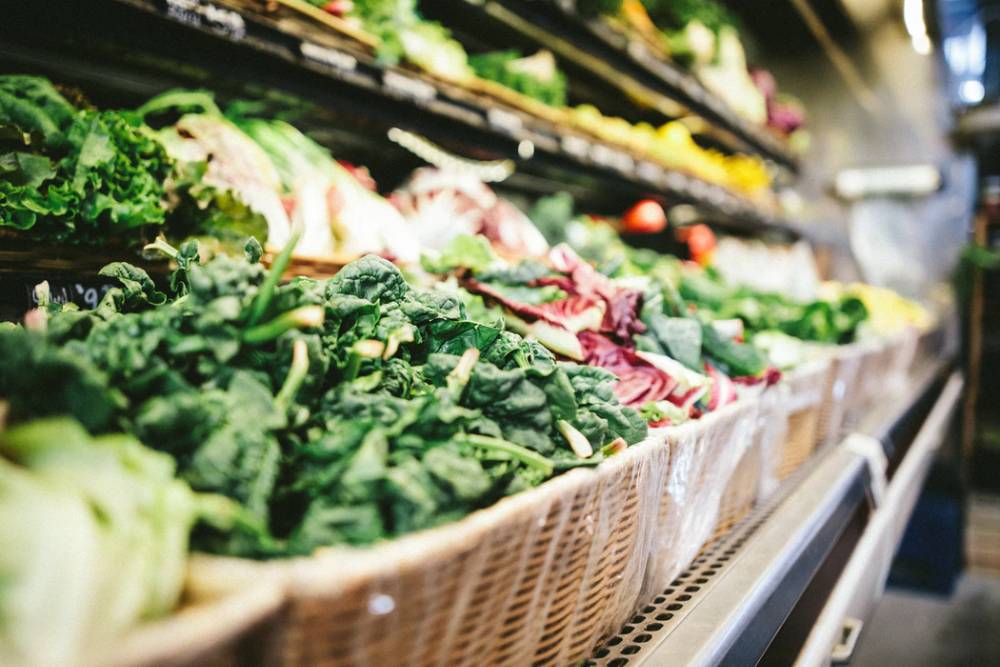
According to Statistics New Zealand, the average household with two adults and two children in Auckland is spending over $350 a week on groceries. Food costs are slightly less in Waikato at $286 per week and slightly more in Wellington at $397 per week.
Wherever you live, chances are a considerable portion of your paycheck is allocated to food. The good news is, with a few simple changes, you can save money on groceries and reduce your food waste.
So, if you’re looking to learn how to save money on groceries, give the following five tips a try.
1. Buy ‘quick-sale’ items
Food that is close to its expiry date is usually offered at a significant discount – we’re talking more than 50 per cent off. This includes fruits and veggies, dairy products such as milk and cream, bread and other baked goods, and other pantry staples.
Use your senses to determine whether or not quick-sale food is okay to eat. Generally speaking, most food is safe to eat up to a few days after its expiry date. If it looks good, take advantage of the savings. Just be sure to eat it as soon as possible, or at least pop it in the freezer.
2. Never throw away leftovers
Did you know that New Zealand households throw away more than 157,000 tonnes of edible food every year? That’s enough to feed the entire population of Dunedin for almost three years. And what’s more, this colossal amount of wasted food costs the average family $644 a year.
With this in mind, avoid throwing away leftovers – even if there are only a couple of spoonful’s left. Put small amounts of leftovers into the freezer until you have enough to make a meal. For example, leftover steamed veggies can be used to make stir-fries or soups, and leftover mince is the perfect addition to your favourite pasta sauce.
3. Take stock before you shop
How many times have you doubled up on ingredients and household products because you didn’t take stock before you went shopping?
Check your pantry, fridge, and freezer before you head to the supermarket to ensure you don’t buy things you already own. Common culprits include spices, dry foods like pasta and rice, and cleaning products like dishwashing liquid.
4. Use what you’ve already got
It might feel like you’ve got no food in, but chances are, your cupboards aren’t empty empty. Raid your pantry, fridge, and freezer and get creative.
A tin of chickpeas and some frozen veggies can fast become a nutritious dinner. Tinned tomatoes, pasta, and mince create the perfect warming Bolognese. Eggs, leftover veggies, and ham can be transformed into a tasty frittata. Vegetable scraps, carcasses, and bones are even worth keeping to brew up a homemade stock for use in soups and stews.
5. Take storage seriously
Store your food properly to ensure it lasts as long as possible. Keep bread in the fridge or freezer to prevent it growing mould. Avoid storing potatoes and onions next to each other and keep the majority of your fresh fruit in the fridge.

